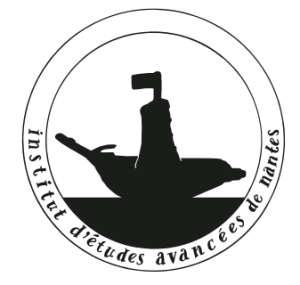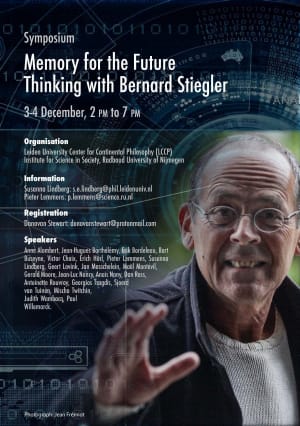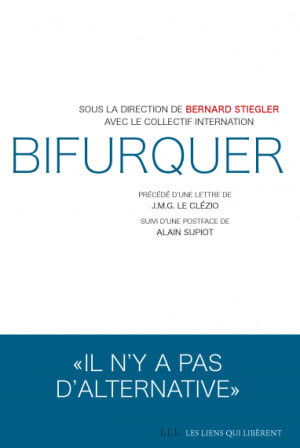
Il faut qu’il y ait en biologie théorique un symbole tel qu’il empêche de calculer
Les notions de calcul et d’information sont utilisées de manière fort libérale en biologie, avec des prises de positions fortes telle que considérer que l’ADN contient un programme et que la pensée est un calcul. La physique donne un rôle plus modeste à ces concepts, car elle place les mathématiques plutôt que le calcul au centre de sa théorisation. Les physiciens entrés en biologie tendent néanmoins à imposer leur epistémologie sans prendre en compte la singularité de ce champs.
Nous montrerons qu’une approche différente de la biologie est possible, deman- dant des innovations épistémologiques, théoriques et formelles. Ici, c’est rôle des mathématiques qui devient plus modeste à cause de l’historicité du vivant. Ces innovations permettent de suggérer des directions pour repenser l’articulation entre informatique et mathématiques.

















